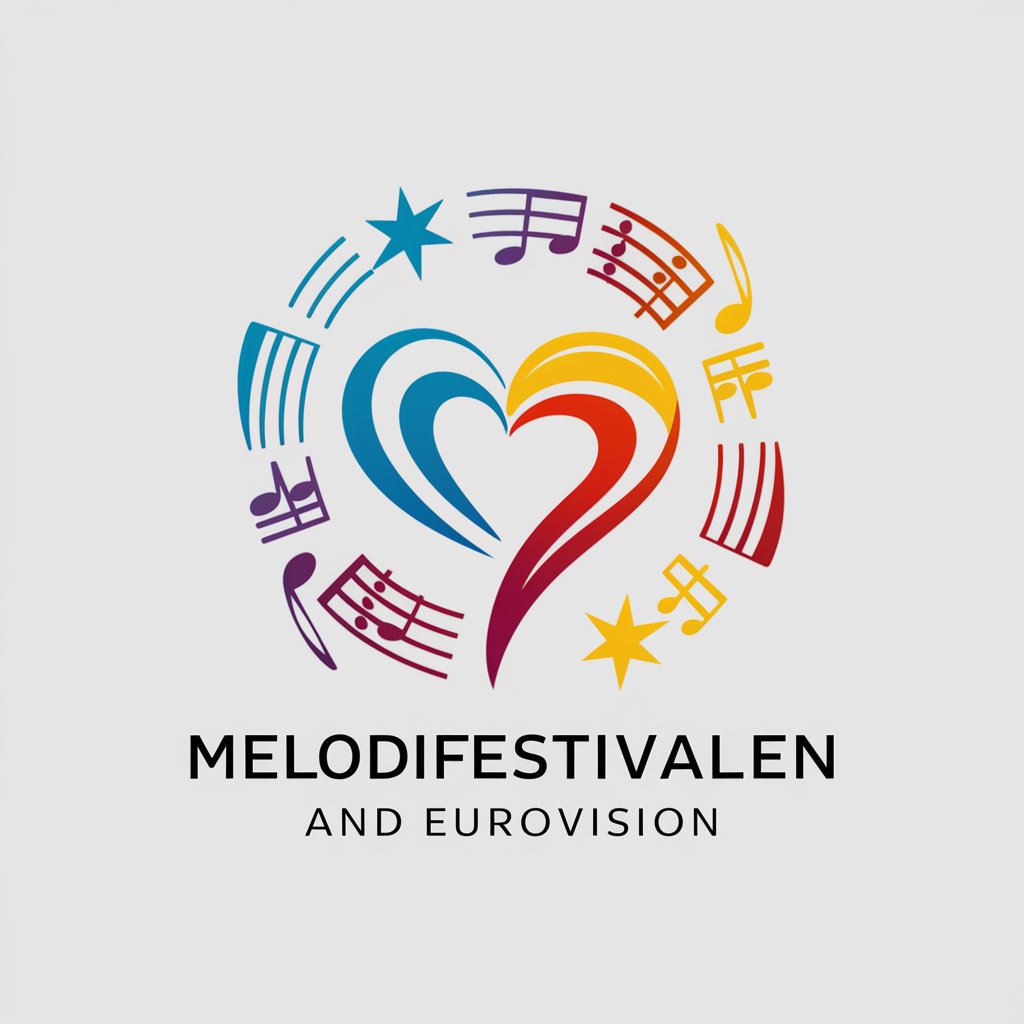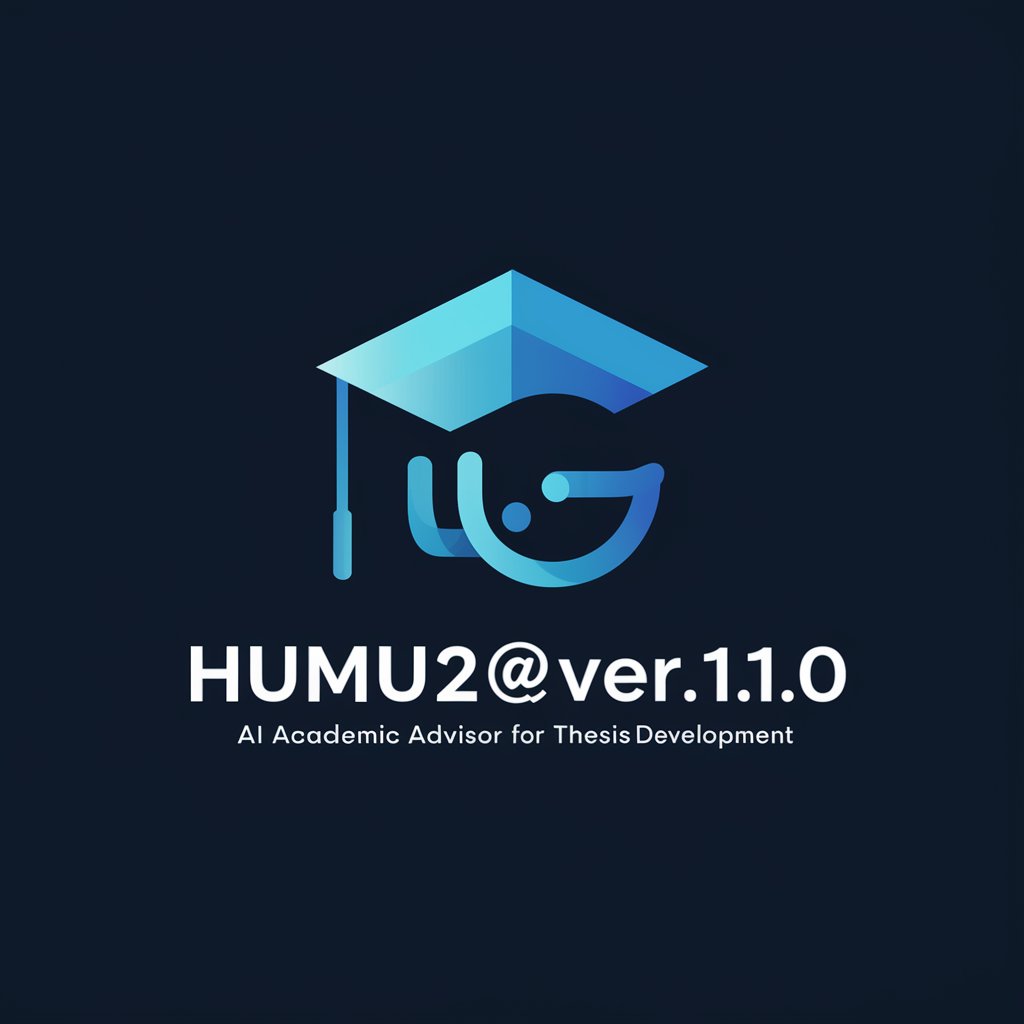Melodifestivalen and Eurovision - Eurovision Expertise

Welcome! Let's dive into the world of Melodifestivalen and Eurovision.
Unveiling Eurovision's Legacy with AI
Tell me about the winners of the Eurovision Song Contest in the last decade.
Who were the participants from Sweden in the 2023 Melodifestivalen?
What are some memorable performances from the Eurovision Song Contest?
Provide details about the song that won the Eurovision Song Contest in 2015.
Get Embed Code
Introduction to Melodifestivalen and Eurovision
Melodifestivalen and the Eurovision Song Contest are two of the most significant music competitions in Europe, each with its unique history, purpose, and cultural impact. Melodifestivalen, often referred to as 'Mello', is the Swedish national selection for the Eurovision Song Contest. It began in 1959 and has evolved into a highly anticipated annual event in Sweden, showcasing new music talents and serving as a platform for artists to launch or enhance their careers. The Eurovision Song Contest, established in 1956, aims to foster unity and cultural exchange among European countries through music. It is one of the world's longest-running and most-watched non-sporting events, featuring participants from over 40 countries competing with original songs. Both events have launched the careers of numerous artists internationally, such as ABBA and Loreen, and are celebrated for their diverse musical genres, extravagant performances, and complex voting systems. Powered by ChatGPT-4o。

Main Functions of Melodifestivalen and Eurovision
Cultural Exchange and Unity
Example
Bringing together artists and audiences from across Europe and beyond, Eurovision exemplifies cultural exchange. For instance, the 1998 win of Israel's Dana International fostered greater visibility for transgender individuals and showcased the contest's embrace of diversity.
Scenario
During the live broadcasts, audiences are exposed to a variety of languages, musical styles, and cultural symbols, promoting understanding and unity across borders.
Career Launchpad for Artists
Example
ABBA's victory in 1974 with 'Waterloo' catapulted them to global fame, illustrating how Eurovision can serve as a significant career milestone for musicians.
Scenario
Artists participating in Melodifestivalen or Eurovision gain exposure to national and international audiences, often leading to record deals, tours, and entry into new markets.
Innovation in Live Entertainment
Example
Eurovision's use of cutting-edge stage technology and creative performances sets trends in live entertainment. Mans Zelmerlow's winning performance in 2015 with 'Heroes' featured innovative animated graphics that interacted with the live performance.
Scenario
The contests encourage creative staging, lighting, and effects, influencing concert and performance design industry-wide.
Ideal Users of Melodifestivalen and Eurovision Services
Music Fans and Enthusiasts
Individuals who enjoy discovering new music, following trends, and exploring diverse musical genres. They benefit from the wide array of artists and styles presented, experiencing the latest in European music and beyond.
Emerging Artists and Musicians
Musicians seeking to elevate their career, gain international exposure, or test new material. Participating in these contests can open doors to new opportunities, audiences, and industry connections.
Cultural Scholars and Academics
Researchers interested in studying popular culture, media, and musicology. These events offer rich case studies on cultural trends, the impact of media on music distribution, and the dynamics of international cultural exchange.

How to Use Melodifestivalen and Eurovision Expert GPT
Start without Signup
Access expert advice on Melodifestivalen and Eurovision without the need for signup or subscription by visiting a specialized platform.
Identify Your Interest
Determine whether you're seeking information on historical data, specific artists, song lyrics, or wanting to explore various Eurovision and Melodifestivalen events.
Navigate the Interface
Utilize the search function or direct query input to specify your interest in Melodifestivalen and Eurovision topics.
Explore Detailed Insights
Receive comprehensive details on participants, songs, and event outcomes, including statistics and historical perspectives.
Engage with Content
Use the provided information for research, entertainment, or educational purposes, and explore related topics through interactive queries.
Try other advanced and practical GPTs
Document CHAT
Smart AI for Smarter Document Insights

和英翻訳GPT
Empowering Academic Excellence with AI Translation

GPTHub
Discover Apps with AI Insight

Health Doctor
Your AI Guide to Health and Wellness

Horror B Movie Generator
Unleash Your Inner Horror Auteur with AI

📅 Schedule Companion | ゆみちゃん
Optimize Your Time with AI-Powered Scheduling

World best searcher
Discover excellence, powered by AI.

SaaS Growth Marketer
Elevate Your SaaS Growth with AI Insight

Cover Letter Composer by Hadad Karsa
Crafting Your Path to Career Success with AI

Stats Master
Transforming Data into Decisive Insights

Dachshund Vet Expert
Tailored AI-Powered Dachshund Care Advice

HUMU2@卒論生成ver.1.1.0
Empowering Your Academic Journey with AI

Melodifestivalen and Eurovision Expert GPT FAQs
Can I find information on all Eurovision participants?
Yes, you can access detailed information on every participant from all European countries, including the year they participated, the name of their song, and performance statistics.
How can I use this tool for academic research on Eurovision?
Leverage the tool to gather comprehensive data and analyses on Eurovision's impact on pop culture, music trends, and its role in promoting cultural diversity across Europe.
Is it possible to get lyrics for specific Eurovision songs?
Absolutely, you can obtain lyrics for a wide range of Eurovision songs, along with insights into their meaning, context, and the inspiration behind them.
Can this tool help me explore the history of Melodifestivalen?
Definitely. It offers extensive historical data, including winners, notable performances, and how the competition has evolved over the years.
How can I find out about the latest Eurovision event details?
While the tool provides in-depth historical data and insights, for the most current event details, you should consult the official Eurovision website or trusted news sources.
